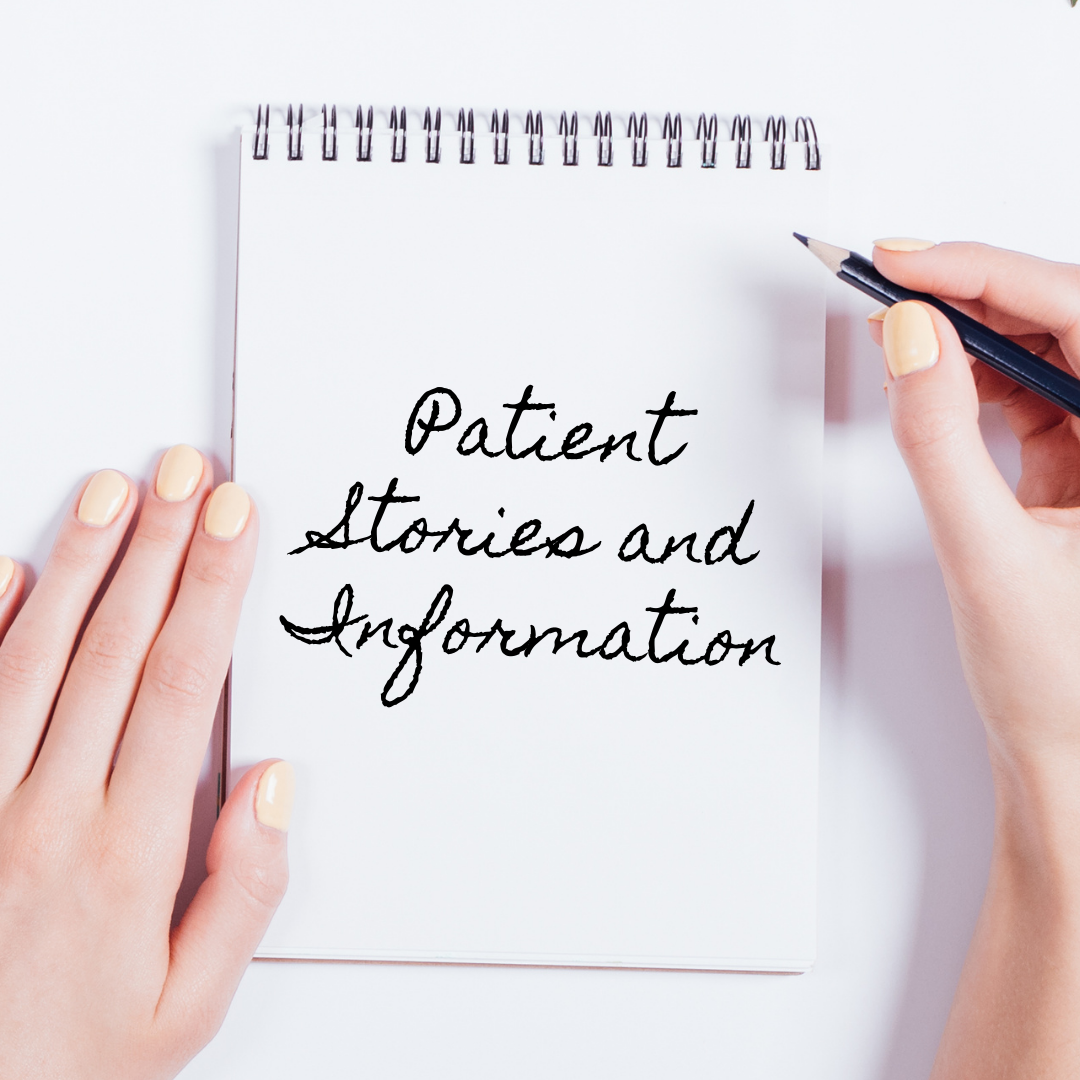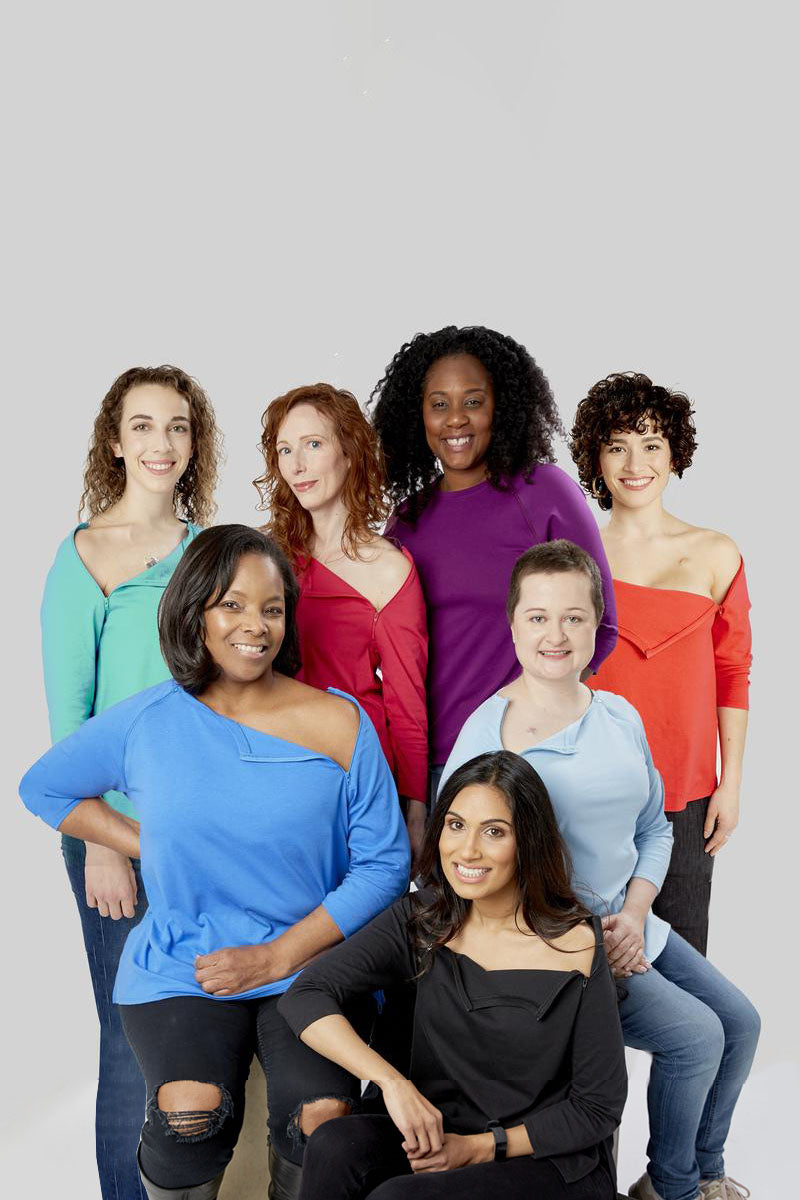 About The Author: Bethany is a young adult living with a rare mast cell disorder that has no cure. Her passions include writing, art, advocacy work, her pets, reading, and running an educational Instagram account about disability and activism. She loves sharing her story and helping answer questions about chronic illness and her life.
About The Author: Bethany is a young adult living with a rare mast cell disorder that has no cure. Her passions include writing, art, advocacy work, her pets, reading, and running an educational Instagram account about disability and activism. She loves sharing her story and helping answer questions about chronic illness and her life.The Significance Of Food During The Holidays
Do you love the holidays? Gingerbread houses, stuffing yourself on Thanksgiving, the smell of freshly cooked ham on Christmas morning as you slowly unwrap your presents? These are the aspects of the holidays that everyone looks forward to the most (aside from the rush of buying gifts or planning the perfect Santa story for kids). Food brings people together and family meals during the holidays are times for bonding, conversations, and inside jokes. But what if you removed every memory where food was involved? Would your holidays fall flat? What important traditions would you miss? This is the problem I have faced for the past 3 years, and every year, it gets worse. Ultimately, food and I aren’t friends, and I don’t know if we ever will be again.
To elaborate, I have a form of mast cell disease that makes it so that any food I eat, or smell, can give me a serious allergic reaction. You read that right. Anything. There is no “safe food” for me. I can’t even tolerate specialized formula that sometimes works for others with my condition, so I am dependent on Total Parenteral Nutrition (TPN) that runs through a permanent IV placed in my chest, much like a bag of fluids you might get at the ER. TPN is usually reserved as the last line of treatment for people who can no longer tolerate any other form of oral intake. In short, I can’t eat.
Living Off Of TPN
The only thing worse than not being able to eat, however, is having loved ones who can’t eat around me either. Even the smell of hot, fresh food, being cooked or warmed up around me can result in an allergic reaction. My own family doesn’t cook in the house, for fear of setting off my moody body.
Around the holidays this problem is especially poignant. While my immediate family plans meals without me and neglects to make any sort of Christmas celebrations for me to enjoy, the other side of my family scrambles to include me in their plans in some way. I can’t help but focus on how very different my holidays feel now that I can’t eat. I am very thankful for the family that is still hell-bent on bringing me into their holiday celebrations, but it feels as if it takes a Herculean effort to create a way for me to attend even the simplest of things. I can’t help but feel left out and lonely, or like an added stress during an already stressful time. It can feel like I come along and ruin all of their holiday plans, upturning traditions, and tables everywhere I go.
Adjusting Expectations Around The Holidays
My husband has to frequently remind me that my single-handed holiday destruction is not nearly as dramatized as it is in my internal monologue and he’s probably right. While I may have a certifiable waterfall of emotions surrounding yet another event I cannot attend, I tend to decline offers with a gentle commentary of not being able to go due to my peculiar health. Although my case may be uniquely severe, I know of many other tube-feed or TPN-dependent patients who are going through the same painful holiday process, but it doesn’t have to be that way! Sometimes all it takes is some determination and a little bit of creativity.Embracing The Holiday Spirit, Regardless of Health
Besides presents and foods, there are many holiday traditions that can still be participated in, regardless of your ability to eat or tolerate food. Things like bonfires or carol singing never grow old. These may seem old-fashioned if your family has never done them before, but they can be fun to celebrate the season with everyone in your household, even if someone you love can't be there for other traditional things.
I personally love decorating for Christmas as well, though it can be difficult to do from a wheelchair or from bed. In previous years, we’ve made paper snowflakes and hung them in various places on the ceiling. We’ve also made tiny trees for our hamster cages this year. If I had my own home, I think I would put lights outside so people could look at them as they drove by at night. My mother used to have light-sensing LED candles that would light up as the sun went down and I loved being the ones to put those in the windows.
These are just examples to show that even old traditions can still be done without food. The holiday season isn’t about doing the same thing every year, but about loving the same people and spending time with them. Isn’t worth the work to plan an event where everyone can participate?
Accommodating Loved Ones With Chronic Illness
If you have a member who can’t be around food, respect their boundaries, make sure they know that you still want them there and that you are open to suggestions for accommodations. This little act of kindness is sometimes all we need. You never know if they really wanted to be there and were sad that they couldn’t.
If you, yourself, have issues with food or holiday gatherings not being accessible, know that you are not alone. Reach out to fellow food-free friends and ask them how they do it. Do not be afraid to admit when you are struggling or to speak up if you are not getting considered in plans.
Enjoying The Holidays With Or Without Food
Holidays with no food? They aren’t easy and they can feel hollow the first few years. I’m going on year three with this restricted diet, year two of TPN. It’s a big adjustment, but with creativity and time, you do start to adjust. One day you wake up and realize that your first thought of a big event isn’t “Will there be cake?” Or you’ll find that you’re not afraid to speak up during plan-making and say, “Hey! I can’t do that because it involves cooking.” Whatever it is, things will improve.
So, if this is your first holiday season without food, don’t be discouraged. This might not be an easy ride, but it is survivable. You don’t need food to have a wonderful time with others. You just need love and a strong desire to enjoy life as much as possible!
If you are looking for more resources surrounding nutrition and chronic illness, check out our other blogs:
- What Is TPN And How Is It Administered?
- Gastroparesis: What To Eat During A Flare?
- Rachel's Journey: Learning To Accept Her Feeding Tubes
How does the holiday season impact your chronic illness? Let us know in the comments or share your story with us here. We love hearing from our community members!










Leave a comment (all fields required)